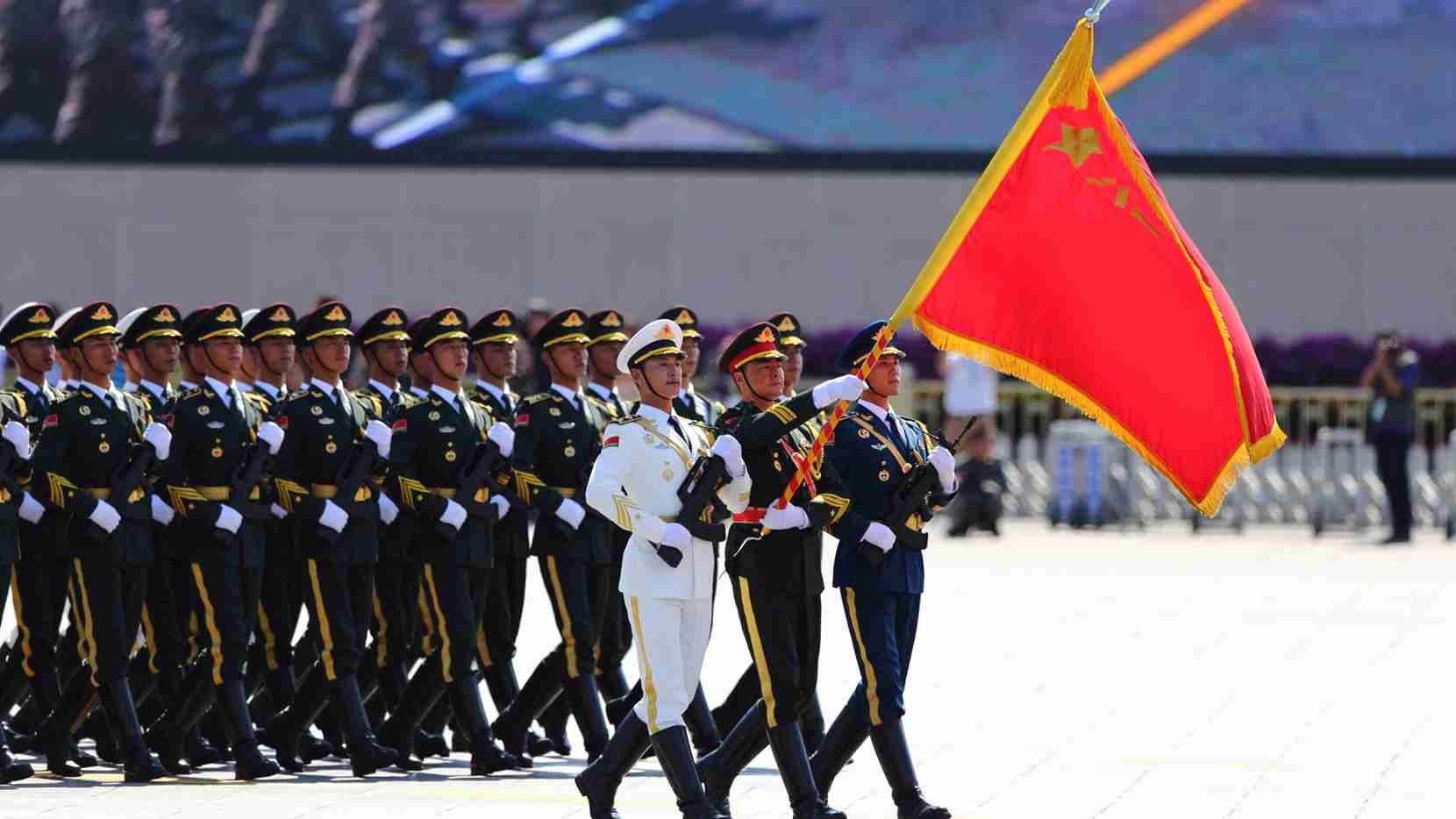
Politics
10:45, 12-Mar-2017
Views on Two Sessions: Why is China slowing its defense spending?
Updated
11:01, 28-Jun-2018

Guest commentary by Lyu Jinghua
China’s defense budget is always a hot topic during the Two Sessions. This year was no exception. What might be a little surprising for the world this year, however, is that China declared a seven percent increase, the lowest since 2010 and the second consecutive year to see a single-digit rise after several double-digit annual increases.
This figure is much lower than assumptions would have it. An article from Lianhe Zaobao published four days ago, for instance, forecast a double-digit raise this year.
A higher figure could be reasonable for many reasons. For one, China is now facing an unprecedentedly complex security situation. Security threats come from not only the South China Sea and East China Sea, but also the Korean Peninsula, especially following the decision to deploy the THAAD anti-missile system; new domains such as cyberspace and outer space; and non-traditional threats such as terrorism, piracy and climate change.
Also, the ongoing military transformation, initiated in November 2015 and supposed to achieve goals in 2020, now enters a deeper phase. Reforms in the next three years will be even more challenging. The retirement of 300,000 personnel, adjustments to military forces below the theater commands and military branches, and upgrades of armaments and equipment will all need large-scale financial support.

Female soldiers of the three services of the Chinese People's Liberation Army march in a parade to celebrate the 60th anniversary of the founding of the People's Republic of China, in central Beijing on October 1, 2009. / Xinhua Photo
Female soldiers of the three services of the Chinese People's Liberation Army march in a parade to celebrate the 60th anniversary of the founding of the People's Republic of China, in central Beijing on October 1, 2009. / Xinhua Photo
That being said, China has chosen a relatively low increase of defense spending in its budget this year. The core reason is to give highest priority to economic development. China’s national defense development has always been coordinated with the country's economic growth. Now, the Chinese economy has come into a “new normal”, focusing on the improvement of economic structures rather than on the speed of growth. With a targeted rise in GDP of 6.5 percent, it is rational for the defense budget increase to be kept to seven percent. Of course, as the second largest economy, China has the capacity to increase the defense budget to a much higher level. China’s choice to do the opposite means it is willing to develop defense strength based on key principles like being rational and sufficient, no matter what the other big powers choose to do.
However, we can still imagine a few observers reacting with suspicion, as they always do. The suspicions could center on the seemingly large total sum, the existence of a “hidden” military budget, “lack of transparency” in the distribution of the budget. But if you take a look at some other countries, you can see how unfair these allegations are. For example, US President Donald Trump just announced in his first speech to Congress that he proposes boosting the defense budget by 10 percent to reach a total of 603 billion US dollars, more than four times China’s. In addition, there are other indicators to examine a defense budget besides the total size and annual increase rate. The newest defense budget accounts for only 1.3 percent of China’s budgeted fiscal expenditure. Given the fact that several prime ministers and defense secretaries of NATO members reiterated the importance of raising the percentage of their defense budget as a percentage of GDP to two percent, 1.3 percent cannot be viewed as an alarming figure in any sense.
In a word, we can understand that military budgeting is a topic that can easily attract attention from all around the world. But just as we always say, whether a nation is threatening or not depends on the policies it pursues, rather than the strength it maintains. Having achieved much success with reforms and opening up, and having benefited much from international cooperation, peaceful development is the only approach in line with both China’s national interests and the interests of the whole world.
(Lyu Jinghua is a senior fellow of Pangoal Institution. The article reflects the author’s opinion, not necessarily the view of CGTN.)
2km

SITEMAP
Copyright © 2018 CGTN. Beijing ICP prepared NO.16065310-3
Copyright © 2018 CGTN. Beijing ICP prepared NO.16065310-3